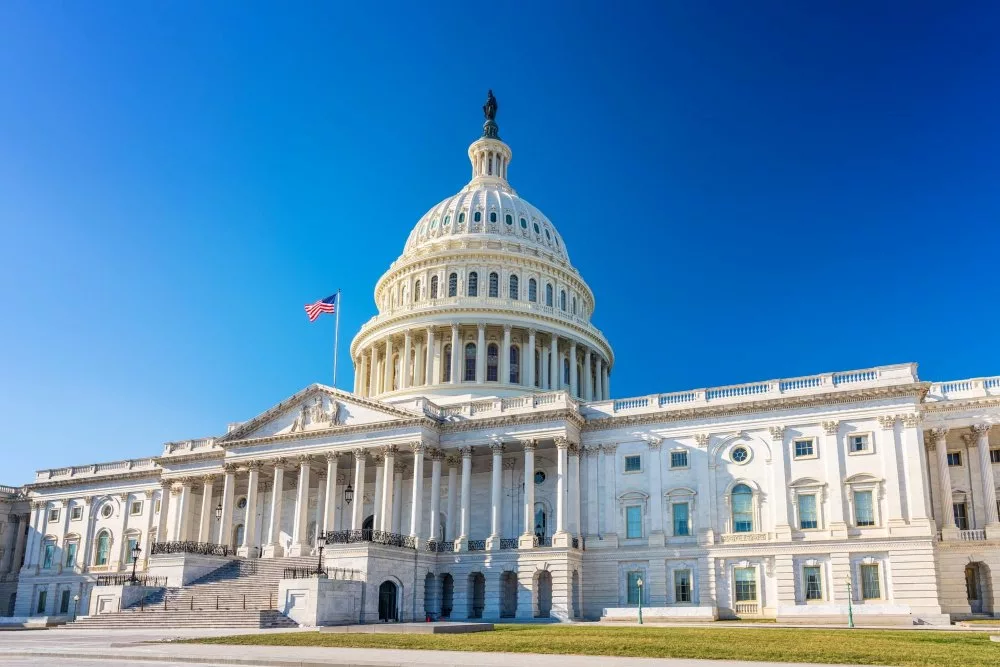Your browser doesn’t support HTML5 audio
A continuing resolution to fund the government through early next year made its way through the House and Senate this week.
That continuing resolution also extends the 2018 farm bill for another year.
I spoke with Minnesota farmer Tom Haig, chairman of the National Corn Growers Association, here in Kansas City at the National Association of Farm Broadcasting Convention, to get his reaction to the farm bill extension.
“It’s good news, at least now the farmers have an idea of where we’re standing. Before, we’re saying, okay, we’re maybe thinking of an extension, maybe not, but now we know that we have an extension. And the other good thing is, we’ve got money now to keep our government doors, the lights on.”
Haig hopes Congress gets to work on the new farm bill early in 2024, putting the onus on farm groups like NCGA to keep the conversation in DC moving.
“With Chairman Thompson and Chairwoman Stabenow to say, hey, let’s get going with this right at the beginning of the year, because the longer they don’t get it on their schedule, there’s only a certain amount of days they have to work out there, so we need to get it pushed. Right at the beginning of the year, start talking farm bill so that we could get it passed by that March, April timeline.”
Haig is concerned that if it gets later than that, partisan politics and elections could get in the way.
The number one priority in a new farm bill remains crop insurance. Haig says it works, leave it alone. Another priority…
“We haven’t had a base increase in our corn, soybeans, or whatever for over 20-something years. It’s time to get that up to date. So we passed a new resolution in our book to update the base acres. Some states don’t like it. Other ones do. That’s something we’d like to see just to bring it up to date to give farmers a chance that in their states that don’t have a great corn base, that it would be brought up to where they’re at right now.”

